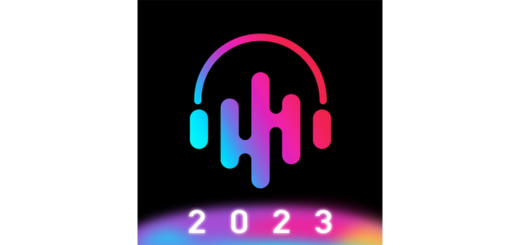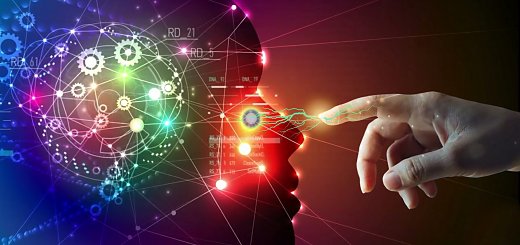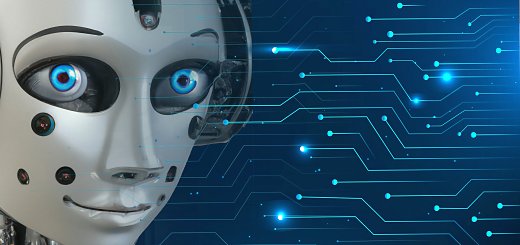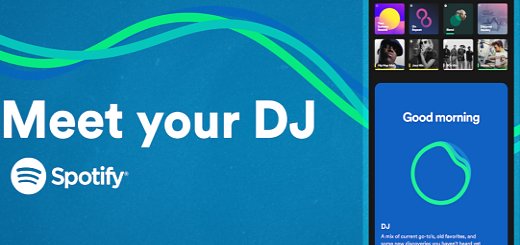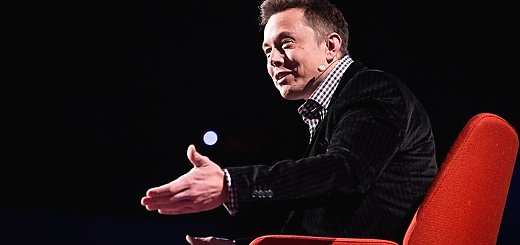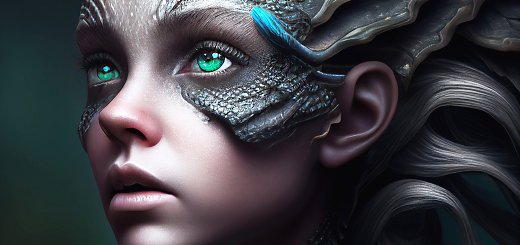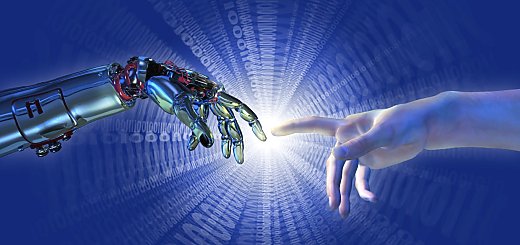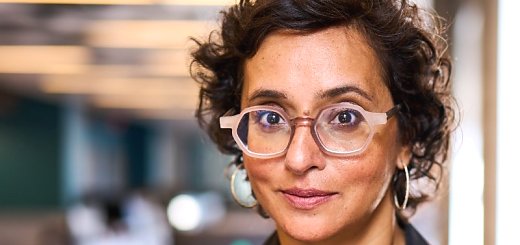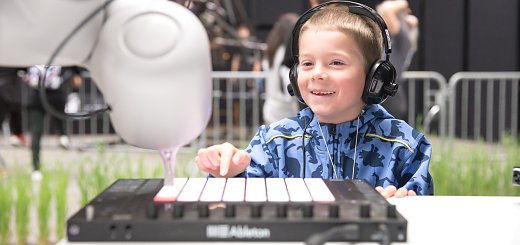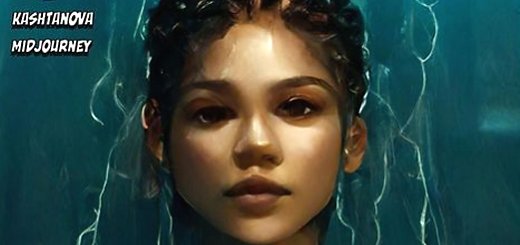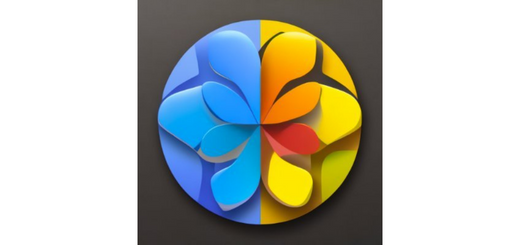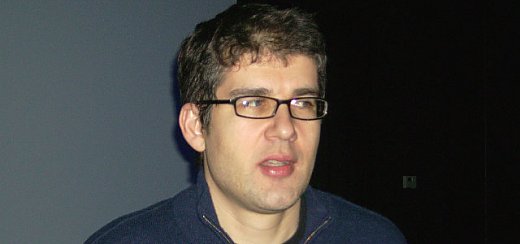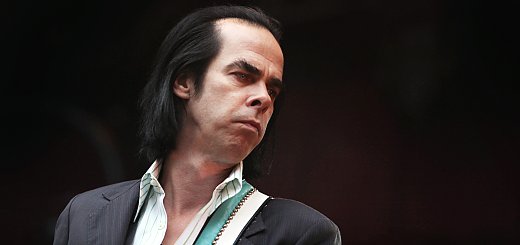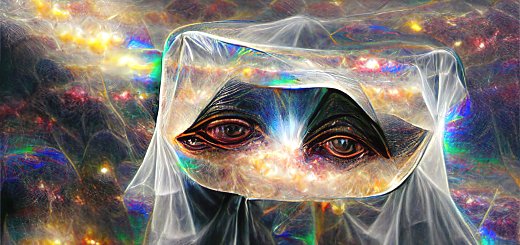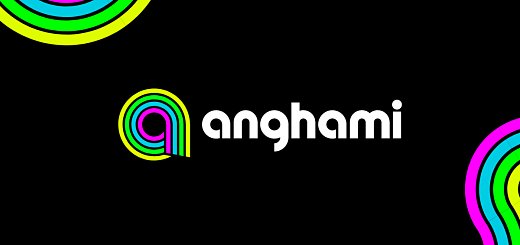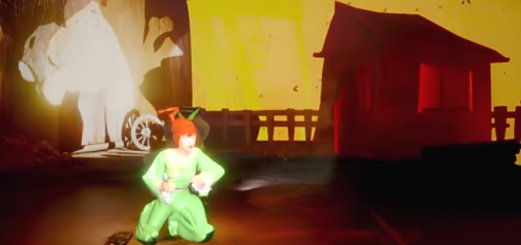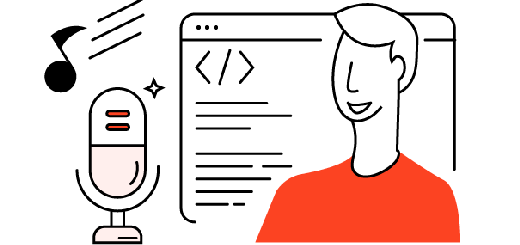Human Artistry Campaign coalition, representing 40 different entertainment industry groups, has drawn 7 principles detailing the need for using the new technology to “empower human expression” while also asserting the importance of representing “creators’ interests… in policymaking” regarding the technology, Billboard reports. Principles are aimed at ensuring that AI developers acquire licenses for artistic works used in the “development and training of AI models”, and that governments refrain from creating “copyright or other IP exemptions” for the technology.
Here they are:
Technology has long empowered human expression, and AI will be no different
Human-created works will continue to play an essential role in our lives
Use of copyrighted works, and use of the voices and likenesses of professional performers, requires authorization, licensing, and compliance with all relevant state and federal laws
Governments should not create new copyright or other IP exemptions that allow AI developers to exploit creators without permission or compensation
Copyright should only protect the unique value of human intellectual creativity
Trustworthiness and transparency are essential to the success of AI and protection of creators
Creators’ interests must be represented in policymaking

